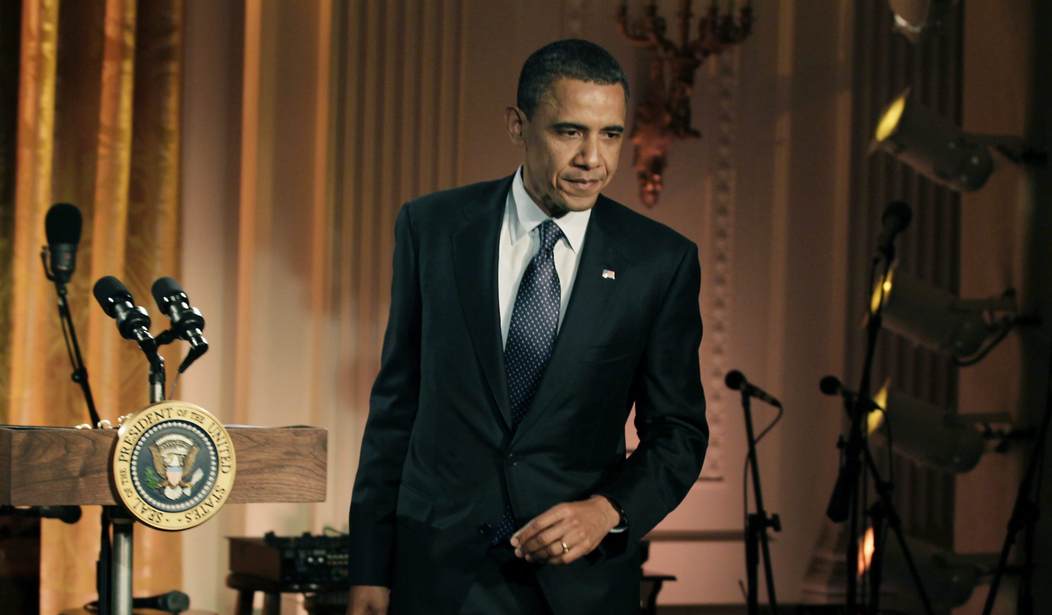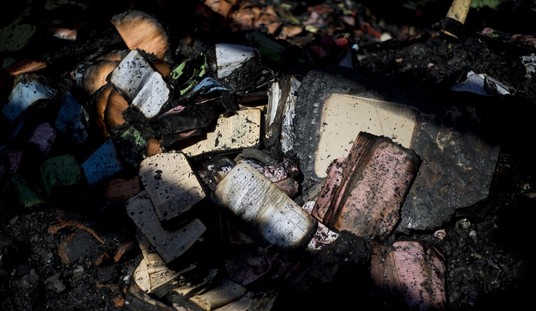Political themes and special pleading are generally the poet’s kiss of death. “It is a difficult task,” wrote poet Dana Gioia, “to marry the Muse happily to politics.” The classical world made room for politically-oriented poetry (the invectives of Archilochus and Alcaeus among the Greeks, Horace and Juvenal among the Romans) but this sprang from a completely different cultural context and lapsed with time into obscurity. Samuel Butler’s 17th-century book-length satiric extravaganza Hudibras dealt with both religious and political subjects—clever and funny, but hardly great poetry. The 18th century loved political/satirical squibs, though, with apologies to Dryden, Pope, and Swift (and even Peter Pindar), these are scarcely remembered today.
Of course, the political category can be stretched indefinitely. Is Yevtushenko’s scathing elegy Babi Yar, for example, “political” or not? I would maintain that it is more a bitter denunciation of human savagery and a memorial to the suffering Jewish people than a political statement. The war poems of Wilfred Owen have an acrid political edge to them, but Owen writes as a humanist under fire, not as a political observer or critic. Admittedly, from time to time some modern poets have managed to align political subjects and poetic excellence (e.g., William Butler Yeats, W.H. Auden, Tony Harrison); however, a successful conflation of this nature is exceedingly rare.
A recent and conspicuous instance of the lamentable fusion between poetry and politics comes from Michael Finch, chief operating officer of the dynamic conservative webzine FrontPage Magazine, whose first book of poetry, Finding Home, was released in July 2015. An attempt to recapture the essence and feeling of a lost America, the intention is noble but the poetry is moribund. True, the poems deal largely with landscape and reminiscence, but the meander is clearly political. Consider lines like “Accounts are kept, mercy not spared for the/Murdering Umma or the self-righteous West” and “a false god of equality and a radical/Creed that drove utopia hard and ended all free men,” among many others. This is not poetry—not even bad poetry—but prose assertion, dispatches from the culture wars. Prosody and metaphor have predictably succumbed to the didacticism of a political message.
In such cases, there is little difference between the novice and the pro. The acclaimed Maya Angelou, for example, is no better. The formless, cliché’d and repetitious “Caged Bird” with its “trade winds soft through sighing trees” and other such linear clunkers, “California Prodigal” with its “antiquitous” and “phantasmatalities,” and the dreary list-poetry of the Inaugural On the Pulse of the Morning illustrate the pitfalls of agenda-driven verse. It is only fair to say that Angelou does have her lyrical moments, but she is on whole dull stuff indeed. A poetry dedicated mainly to the themes of race and sex will certainly enjoy a wide readership but cannot have much to recommend it as poetry.
For the benefit of my Canadian readers, I will briefly mention five well-known versifiers, all of whom may fairly be called political poets. Dorothy Livesay, a Marxist and feminist, flogged all the standard feel-good subjects, including the plight of the First Nations. Milton Acorn, the “people’s poet,” launched verbal missiles against American imperialism while celebrating communist murderers Che Guevera and Ho Chi Minh. Both wrote verse eminent for its forgetfulness.
F.R. Scott, a fan of the Soviet Union, whose social and political criticisms strayed far to the left, had a satiric gift that rescued his work from complete mediocrity, but he is scarcely read today. Following in the tradition of the late triumvirate is the “workingman poet” Tom Wayman, whose lyrics, like those of his predecessors, must await the Second Coming for the breath of life. The highly popular and former Parliamentary Poet George Elliott Clarke, whose main focus is on racism and poverty, provides an illustration of how politically correct rant and fervor can loft a reputation past the work’s lack of quality.
In most political poetry one discerns little to none of that formal delight that Martin Price in To the Palace of Wisdom identifies as “a dimension of all viable structure,” including cosmic harmonies, heroic codes and, yes, poems. After deducting the tare (the container, such as it is) and extracting the gangue (the excuse for content) there really isn’t much left in such poems to differentiate them from a Gentle Ferocity Cordial tablet or a Ragga Dagga jigget. What we have, then, is a verbal ensemble typically replete with flaws that, under different circumstances, should have been designed out of the structure a long way back in early draft mode. Unfortunately, the flaw is inherent in the medium and so remains permanent.
When what is now called “resistance” becomes predominant, poetry withers. It may yet inspire multitudes, but in doing so it verges on propaganda with often deleterious effects, reducing the noble art to boilerplate status. Poetry must serve its muse before it serves its message. Political analysis and partisan convictions are for essays, books, manifestoes, and orations.
The poetic temperament needs to remain vigilant against the encroachment of the political credo. Nobel Prize-winning Chilean poet and celebrated communist Pablo Neruda touted the power and necessity of political poetry, claiming that political poetry arms itself “with such content and substance and intellectual and emotional richness that it is able to scorn everything else.” Apart from the flabbiness of most of this work, we can see the consequences of such affirmations in the ludicrous and anti-Semitic 2017 Women’s March whose posters were graced by Neruda’s slogan: “You can cut all the flowers, but you can’t stop the Spring.”
Of course, the poet can be revolutionary without being political. The great Andalusian poet Federico Garcia Lorca, Neruda’s friend and a cherished symbol of the radical Left martyred by the Franco regime, seemed to understand that poetry did not thrive on political militancy or incitement and wrote hauntingly romantic ballads. As Leslie Stainton explains in her study Lorca: A Dream of Life, he contrived a “new synthesis of the traditional and the avant-garde,” exemplified in his famous surrealistic “Romance Sonambulo.” “Drunken Guardias Civiles,” Lorca writes, may be “pounding at the door” but, in love with a moonlit gypsy girl, he wishes only “to trade … my horse for her house.” There’s no denying that Lorca’s tender Gypsy Ballads has nothing much in common with Neruda’s hortative Canto General.
At the end of the day poetry is best when it leaves politics to its own resources and goes its own way, the horse exchanged for the house. Poetry is a verbal instrument to be sharpened, not an ax to grind. Except in the hands of a veritable master — a Shakespeare, a Whitman — and a sparse modicum of poetic virtuosos, political exhortation, social dogmatics, forensic catechisms, and ideological preachings can only flourish at the expense of craft, technique, imaginative vigor, and linguistic beauty. As we’ve seen, political poetry may move multitudes, often with unintended consequences, but it is more likely than not to stop the creative Spring.










Join the conversation as a VIP Member